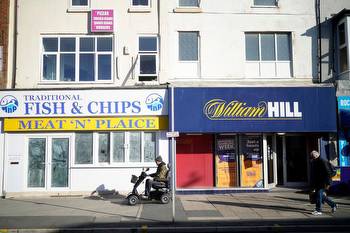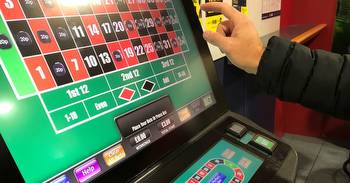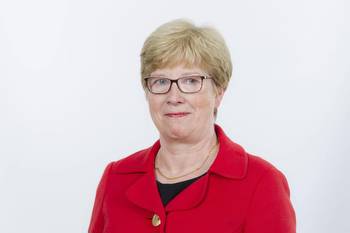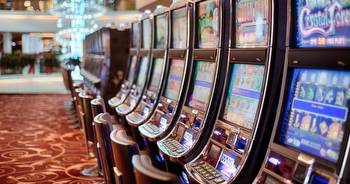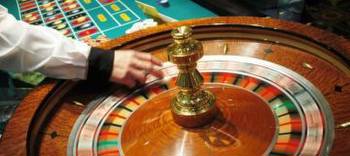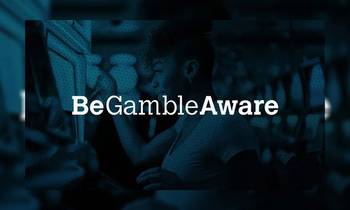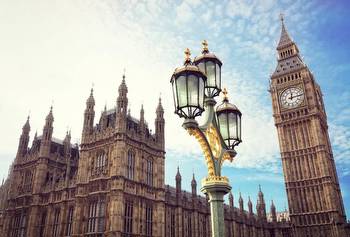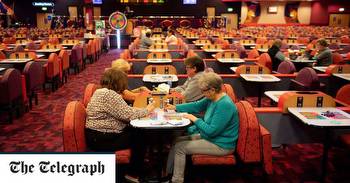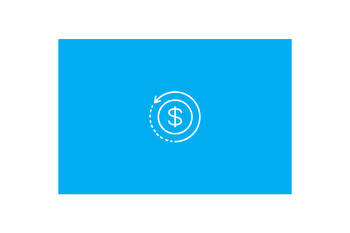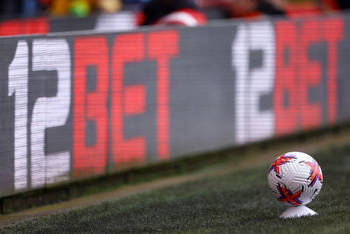Gambling firms to be forced to pay about £100m a year to NHS
Gambling companies will be forced to pay about £100m a year to the NHS to fund addiction research, prevention and treatment, as part of government changes that will replace a longstanding system of voluntary contributions.
Under a mandatory levy, which has been welcomed by clinicians and campaigners, online bookmakers and casinos will pay 1% of what they win from punters.
Traditional betting shops and land-based casinos, which have higher fixed costs such as rent, will pay the levy at 0.4% of revenue.
Based on industry income of about £10bn in 2022, the levy would raise £100m, paid directly into NHS services, the government said.
The change is part of wider plans to overhaul gambling laws in Great Britain that were .
The money will help support specialist addiction clinics across the country. Seven new NHS centres are due to open by the end of the year, taking the total to 15, up from just one in 2019.
The precise design of the levy will now be subject to an eight-week consultation. But compulsory payments will replace the voluntary system that has been in place since Tony Blair’s Labour government liberalised gambling laws in 2007.
The government said this meant the industry would “no longer have a say” in how funds meant to help addicts stop gambling are spent.
Under the existing agreement, the industry has typically donated about 0.1% of its revenues, less than £10m in some years, with some operators accused of paying “insulting” nominal amounts or nothing at all.
As recently as 2019, the industry fell short of a £10m target for voluntary donations to GambleAware, which has been the chief conduit of industry donations until now.
Amid a growing clamour from campaigners, clinicians and the gambling regulator for a mandatory levy, big operators agreed in 2019 to increase their contributions.
That move has since raised £110m, according to the Betting and Gaming Council (BGC), an industry lobby group.
But the voluntary system has been tarnished by concerns that the industry wields too much power over how the money is distributed. The NHS has refused to accept funding through this route.
Earlier this year, the Guardian reported that the most powerful members of the industry – Bet365, Flutter Entertainment, GVC Holdings and William Hill – had resolved to keep back 25% of funds previously destined for GambleAware, choosing to distribute them instead to projects chosen by the companies.
The government said the new mandatory levy would quell concerns about industry influence and increase funding to help people struggling with gambling addiction.
The egulator, the Gambling Commission, will distribute levy funding directly to the NHS and UK Research and Innovation (UKRI), which coordinates funding. The levy will be underpinned by legislation meaning firms will be required to pay.
“Gambling firms should always pay their fair share and this new statutory levy will ensure that they are legally required to do just that,” said the gambling minister, Stuart Andrew.
Will Prochaska, the strategy director of Gambling With Lives, a charity that supports families bereaved by gambling-related suicide, said the levy was a “significant step forward”.
“Critically, the levy needs to be prioritised,” he added. “Many of the charities refusing to take funds under current industry-funded structures may not survive if the levy is delayed.”
The BGC said it believed the levy should also have been applied to the national lottery, as well as its own members, who are dominated by bookies and casino companies.
The mandatory levy was one of a string of proposals set out in a government white paper on overhaul of gambling regulation, published in April 2023. Other measures, such as lower stake limits on online slot machines and “affordability checks” to prevent large losses, are still out for consultation, with no decision expected until next year.








